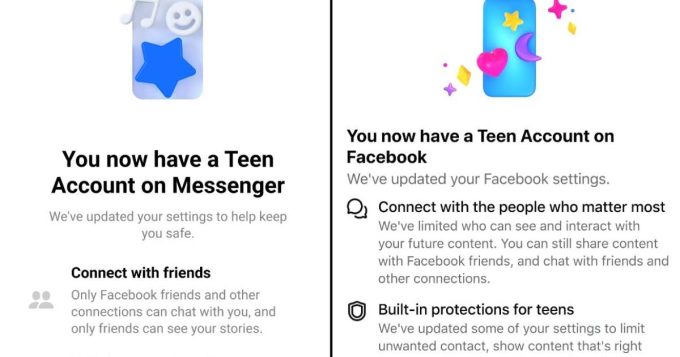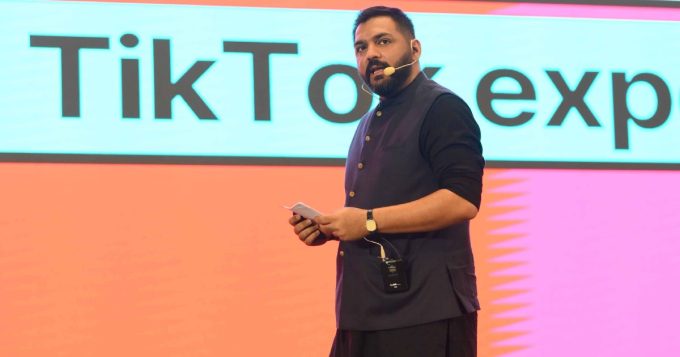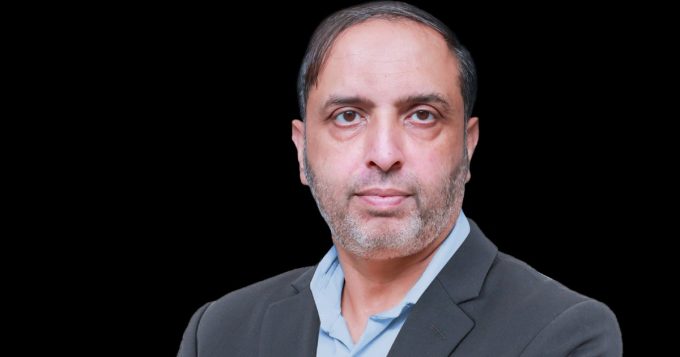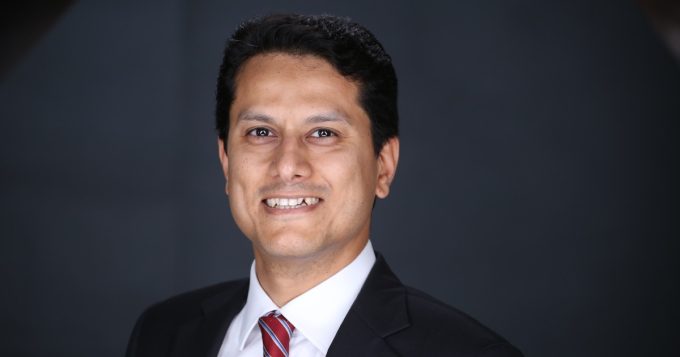Chief Officer of Zindigi at JS Bank
With over 17 years of experience across telecom, banking, and fintech, Noman Azhar. The Chief Officer of Zindigi, the Digital Banking Initiative of JS Bank, is striking a shift in how Pakistan’s youth engages with money. From building in-house tech to promoting public-sector digitisation, he’s focussed on creating real, lasting change through local solutions that work.
Synergyzer: You’ve had a dynamic journey across telecom, banking, and fintech. How did these diverse experiences shape your leadership philosophy, and what core insights helped you lay the foundation for Zindigi?
Noman Azhar: Leadership, for me, has never been industry-bound. While each sector, telecom, banking, and fintech offered a different lens, the core of my leadership philosophy was shaped by the people I worked with.
I’ve been incredibly fortunate to have mentors at every stage of my career who challenged me and trusted me. I believe leadership is partly innate, but it needs constant polishing, and great mentors play a huge role in that evolution.
Coming to the foundation of Zindigi what truly enabled it were the core insights I gathered through years of intrapreneurial thinking. I had the privilege of working in lean, high-ownership environments where responsibilities weren’t siloed.
That kind of exposure accelerates learning in a way few other experiences can. These experiences naturally led me to experiment with small ventures on the side, which sharpened both my entrepreneurial and intrapreneurial skills.
JS Group has cultivated a culture that champions innovation and gives individuals the autonomy to create, build, and lead with purpose. So, when the opportunity to build Zindigi came through JS Bank, I jumped at it, ready to take the challenge head-on.
Having spent years across industries, I had a clear understanding of the structural gaps that persisted. I knew where change was needed and how to approach it. Zindigi became the platform where I was able to turn those insights into meaningful action, delivering the right outcomes, in the right way.
Synergyzer: When you envisioned Zindigi, what systemic barriers in traditional banking were you most determined to dismantle?
Noman Azhar: When we envisioned Zindigi, it was never about addressing just one or two isolated barriers; it was about challenging the entire status quo of traditional banking. The conventional banking model, while effective in its time, had inherent limitations that were counterproductive.
To the kind of agile, customer-centric solutions we wanted to build. From day one, we were clear: Zindigi had to be built from scratch, without legacy systems or old ways of thinking holding us back. This wasn’t about saying traditional banking is wrong; it was about recognising that the current setup had deep-rooted challenges, whether in culture, technology, or how customers were being served.
Real transformation is never easy, but we took the hard road. We reimagined everything, from how we connect with users to how we build tech and run teams. Our mission has always been to create a future-ready financial ecosystem, one that’s inclusive, faster, and truly designed for the needs of today’s generation.

Synergyzer: Zindigi’s in-house technology stack is a key differentiator. Beyond operational control, how has this contributed to product agility, data privacy, and customer-centric innovation?
Noman Azhar: There’s long been a perception that world-class technology must come from international vendors and that local innovation can’t meet global standards. Particularly in areas like data privacy and information security.
At Zindigi, we’ve not only challenged but successfully dismantled that myth, something I consider one of our most meaningful achievements. By building our entire technology stack in-house, including a fully operational core banking system. It has been live for over four years and is processing millions of transactions.
We have demonstrated that secure and scalable solutions can be developed right here in Pakistan. This foundation has given us three strategic advantages: agility, control, and innovation. It enables us to move fast, develop independently, and launch new products without external dependencies.
And most importantly, it empowers our teams to create customer-centric solutions with freedom, speed, and precision. Our tech-first approach continues to be one of Zindigi’s strongest differentiators and a testament to what’s possible through local capability and vision.
Synergyzer: Your freelancer USD account is solving a real market pain point. Do you see Zindigi evolving into a specialised platform for the gig economy? What complementary services might be next, such as tax integration, insurance, or investment tools?
Noman Azhar: Yes. The launch of our USD Freelancer Account directly addressed a long-standing market gap by enabling freelancers to receive international payments in a seamless and compliant manner, in which freelancers can now save their earnings in USD.
We have further strengthened this offering with our ‘PayLink’ feature, which allows users to generate invoices and receive payments globally through a single, secure link. Positioning Zindigi as a specialised platform for the gig economy is a strategic direction we’re fully committed to.
While the journey is still unfolding, we have already taken significant steps forward. These features are not standalone; they’re part of a broader, integrated vision. We’ve already begun rolling out complementary services such as insurance coverages and investment tools.
Our long-term goal is to build a holistic financial ecosystem tailored to the evolving needs of freelancers and independent professionals, empowering them to thrive in a digital-first economy.
Synergyzer: Digitising Hajj and Umrah payments was a visionary step. How do you see embedded finance transforming other cultural or lifestyle domains, education, health, philanthropy, etc.?
Noman Azhar: Digitising Hajj and Umrah payments was just the beginning. At Zindigi, we see embedded finance as a transformative force. One that simplifies complexity, drives inclusion, and unlocks real value in everyday life.
We’re already actively working across key cultural and lifestyle domains, education, healthcare, philanthropy, and sports, with a strong focus on youth and underserved communities. Our approach is rooted in purpose: wherever we can eliminate friction and create meaningful impact.
We believe the future of innovation lies in solving real-world challenges, not just financial ones and embedded finance is the engine that will drive that transformation.

Synergyzer: Personalisation sits at the heart of Zindigi’s UX. What have you learned about the behaviour and expectations of Pakistani Gen Z and millennials, and how does this shape your design and marketing decisions?
Noman Azhar: Gen Z and millennials are incredibly dynamic, highly adaptable, and deeply engaged with the world around them. One of the key behavioural patterns we’ve observed is their responsiveness to change and trends.
From language and cultural references to digital habits, everything shifts rapidly, and brands must be equally agile to stay relevant. At Zindigi, we continuously monitor user behaviour, engagement patterns, and even emerging slang or content preferences.
This closed feedback loop helps us shape a user experience that feels current, intuitive, and personal. Our design and marketing decisions are driven by this insight, ensuring every interaction feels tailored, timely, and aligned with their values and lifestyle.
Staying close to Gen Z isn’t just a strategy, it’s a necessity. And it’s reflected in everything we do, from product features to campaign narratives.
Synergyzer: The brand language of Zindigi is bold, playful, and tech-forward, unlike typical banks. How did you craft this brand identity, and what role does storytelling play in driving trust and adoption in a financial context?
Noman Azhar: At Zindigi, we deliberately broke away from the traditional, corporate tone of the financial industry. Our brand language is bold, playful, and unapologetically tech-forward because that’s what resonates with Gen Z. They value authenticity, clarity, and innovation, not jargon or outdated storytelling formats.
But storytelling still plays a crucial role. It’s not about dressing things up; it’s about being real. We believe in sharing both our wins and our lessons because Gen Z doesn’t connect with perfection; they connect with purpose.
Our approach is a blend of what they want to hear and what we believe they need to hear. That’s how we build trust, not just through words, but through a narrative that’s as honest and evolving as they are.
Synergyzer: What kind of team and culture have you had to build internally to deliver at the speed and innovation levels expected from a fully digital bank initiative?
Noman Azhar: Looking back over the past three years, I feel incredibly proud and fortunate about the team we’ve built at Zindigi. From day one, our goal wasn’t just to create a digital banking experience, but to build a culture that could sustain the speed, agility, and innovation it demands.
We’ve fostered an environment rooted in trust, independence, and purpose. It’s a space where people are empowered to think boldly, move fast, and take ownership. We don’t just talk about innovation, we live it, through collaboration, experimentation, and a culture that values outcomes over hierarchy. At Zindigi, people don’t just work, they grow, thrive, and lead change.

Synergyzer: Zindigi has actively engaged with public-sector digitisation. What does it take to align a private fintech’s velocity with public institutions’ pace and protocols?
Noman Azhar: But the intersection between the two is where real impact happens & it’s beautiful. Public institutions have the scale and influence to create pull in areas like financial inclusion and the gig economy, while fintechs like Zindigi bring the agility, technology, and innovation to digitise those opportunities.
Success lies in genuine collaboration. When both sides sit at the table, openly discuss challenges, and align on outcomes, we can co-create solutions that are not only scalable but also sustainable. It’s a win-win for both.
Synergyzer: Do you see space for digital banks in Pakistan to collaborate on shared KYC rails, open banking APIs, or customer data standards—to fast-track ecosystem growth?
Noman Azhar: Pakistan, with over 240 million people, represents one of the largest digital financial ecosystems in the world. It’s a massive opportunity, and no single player can unlock it alone.
In the effort to do it all alone, many brands have screwed it up. And not just at an individual level, but at a macro level. The ecosystem was never truly created. No matter how big you are or how strong your financial muscle is. Moving this country from a cash-based to a digital economy requires one thing above all: collaboration. Shared KYC rails, open banking APIs, and unified data standards. These aren’t just technical solutions, they’re strategic necessities. Collaboration is the only answer in everything we do.
Synergyzer: What’s your long-term ambition for Zindigi? Do you envision regional expansion or a transition from digital bank to a full-stack financial lifestyle platform?
Noman Azhar: My long-term vision for Zindigi is to make it the first unicorn out of Pakistan. One that not only serves customers locally but expands its impact globally. Whether our growth remains regional or takes us into new markets around the world. The goal remains the same: to build the best financial services lifestyle solution for everyone, everywhere.
Synergyzer: Lastly, what advice would you offer to the next generation of digital finance leaders in Pakistan. Who want to blend tech innovation with real-world impact?
Noman Azhar: Stay deeply connected to the customer, truly understand the problem before rushing to a solution. One of the biggest mistakes new leaders make is trying to apply international models directly to Pakistan. It doesn’t work that way. Our challenges are unique, and the solutions must be localised. No global technology can be replicated here as-is.
There’s no shortcut, no one-size-fits-all answer. You need to immerse yourself in the ground reality and build from there. And most importantly, collaborate. Real impact will only come when we stop working in silos and start building an ecosystem together. That’s how we move the needle for Pakistan.










